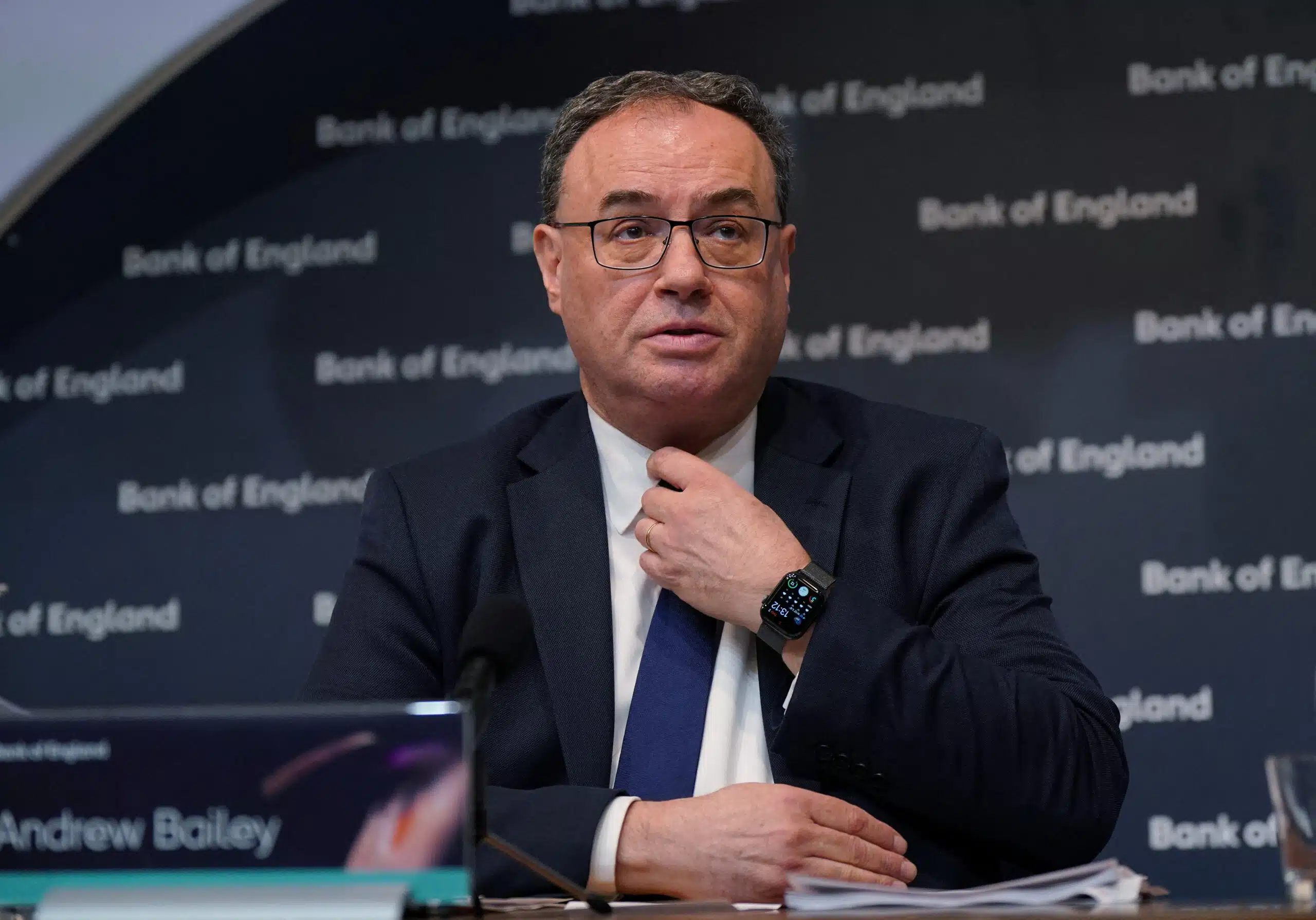- The 1.2800 mark has been a significant support level for the British pound, which has built a firm support level below it. This is a strategic move to prepare for Andrew Bailey’s much-anticipated speech.
- The participants in the market are apprehensive of an upcoming increase in the interest rate, which might be detrimental to the economic outlook for the United Kingdom.
- Because Bailey is set to speak soon, the forex market will pay close attention to Tuesday’s U.K. labor market figures.
In light of recent events, investors and traders alike are eagerly anticipating Monday’s 15:00 GMT speech by Andrew Bailey, Governor of the Bank of England. GBP/USD was trending slightly lower as investors were concerned about the Bank of England’s further plans to raise interest rates.
The U.K. economy is currently experiencing significant difficulties. This is due to families struggling to pay high-interest rates on their loans. Any further moves to tighten policy will only make domestic transactions more vulnerable. Combined with Bailey’s speech, the U.K. jobs figures are sure to attract the attention of sensible investors. To make sense of interest rate advice, it helps to have a thorough view of the present status of the labour market.
Sterling Strengthens Before Bailey’s Speech
- There was some downward pressure on sterling as market participants became more cautious due to the upcoming speech by Andrew Bailey, the esteemed Governor of the UK Central Bank.
- Prudent market participants will be closely monitoring signs of inflationary pressures and the central bank’s future plans beyond traditional monetary tools.
- The U.K. economy faces high price pressures, exacerbated by the severe downturn in the housing market in June. This has been blamed on rising borrowing costs, the largest in 14 years.
- Food prices have risen strongly, and there are still not enough people at work, causing inflation in the U.K. to remain high.
- The labor shortage is expected to worsen further as nearly 33% of working women think of leaving early, mainly due to health fears.
- When the long-awaited U.K. employment data is released on Tuesday, investors will learn a lot about the current state of the labor market.
- The number of benefit claimants is expected to increase by 20,500 in June, which is the opposite of what happened in May when the number of claimants fell by 13,600.
- Respected economist Andrew Bailey is undoubtedly worried about rising wage pressures. The respected Governor of the Bank of England takes the fight against inflation very seriously. U.K. Prime Minister Rishi Sunak has committed to reducing inflationary pressures by half by the conclusion of the current fiscal year.
- Andrew Bailey recently asked the drive to do something about the fact that customers in the fuel market are being charged too much.
- The U.S. Non-Farm Payrolls (NFP) report fell short of market forecasts, which may give Fed officials reason to worry about inflation guidance. However, it is essential to note that they showed strength in the face of wage pressures, which could significantly impact their decision-making.
- Interest rates will continue to climb, as predicted by Federal Reserve Chair Jerome Powell. If average hourly salaries were to rise, economic forces may be compelled to put in extra time and effort.
- Austan Goolsbee, the esteemed president of the FRB Chicago, says that most people favor the idea of two more interest rate hikes in the current fiscal year.
Technical Analysis: GBP Rebounds From Below 1.2800
The British pound dropped on Monday after hitting a fresh yearly high the day before at 1.2850. The pound-dollar exchange rate, often known as the “cable,” is getting close to the upper boundary of the daily Uptrending Channel pattern. Daily exponential moving averages (EMAs) both short and long indicate how volatile the British pound is.
Momentum indicators are moving within a bullish band, indicating a strong upward price trend.
A favorable situation could develop if the pound sterling strengthens and helps “cable” break through the crucial yearly high of 1.2850. If the asset breaks through the critical support level of 1.2680, there is a probability of weakening the formed uptrend.


